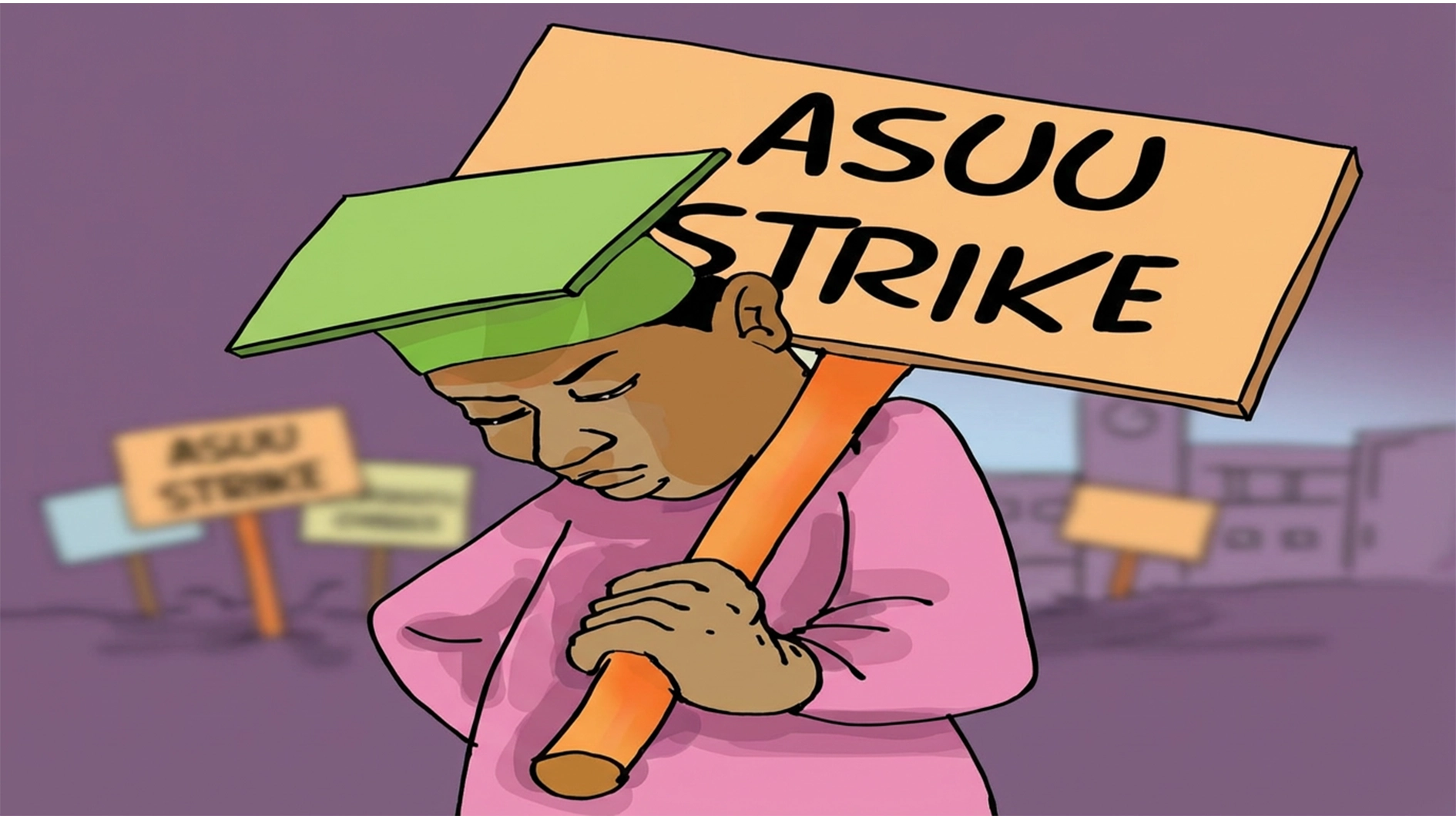Private school owners under the aegis of the National Association of Proprietors of Private Schools (NAPPS) have defended the rising cost of textbooks, attributing the trend to inflation, piracy, and distribution challenges.
The National President of NAPPS, Yomi Otubela, said that while parents’ concerns are valid, textbooks, like other commodities, have been hit by the soaring cost of printing materials, transportation, and logistics, leading to an increase in the cost of books.
While commending some state governments for their policies on reusable textbooks, he, however, identified their limitations. Otubela urged the government to go beyond reusable textbook schemes and revive bulk-purchase policies where books were bought directly from publishers and redistributed at subsidised rates or free of charge to pupils in both public and private schools.
“Such a large-scale intervention, he said, would help reduce costs and ensure wider access to quality textbooks.
“Since we affirm that education is a fundamental right of every child, and because the government is finding it difficult to fully fund schools or pay tuition for all children, it should at least support families with essential instructional materials like textbooks for children in both public and private schools.
“By doing so, parents will breathe easier, publishers will remain in business, schools will deliver better, and Nigeria will raise a better-educated generation to drive national development,” he said.
Otubela also called for renewed investment in local paper mills to boost the publishing industry and make books more affordable. He noted that publishers now prefer to sell directly to schools to curb piracy, since pirated copies of poor quality are often sold cheaply in open markets.
“Unfortunately, some of the middlemen are found to be inflating the cost of the books more than the publishers’ selling prices without the knowledge of the author or publisher. This must stop,” he said.
On the number of textbooks required, Otubela explained that while public schools usually limit their lists to a few core subjects, private schools adopt broader requirements to ensure quality education and wider exposure for learners.
According to him, while Mathematics, English and science texts could be reused at higher levels, nursery and lower primary pupils often write, colour or shade directly inside their books, making reuse impractical.
He added that subjects such as Technical Drawing, Verbal Reasoning and Quantitative Reasoning also required direct entries, limiting recycling. Otubela further observed that some publishers had introduced digital textbooks.
While describing this as promising, he warned of the hidden costs of purchasing tablets or laptops, installing safety apps and monitoring children closely. He also highlighted the risks of theft, misuse or damage of devices, which could increase parents’ burdens.






